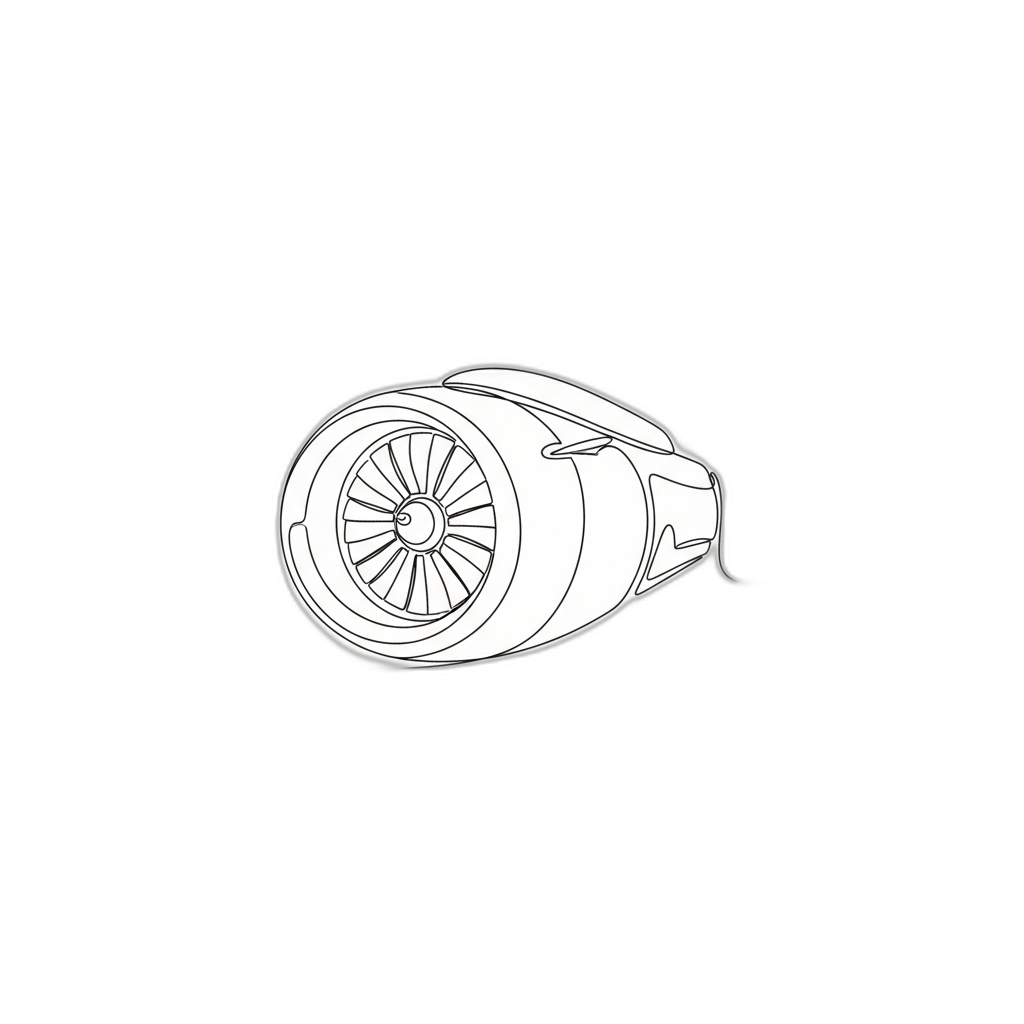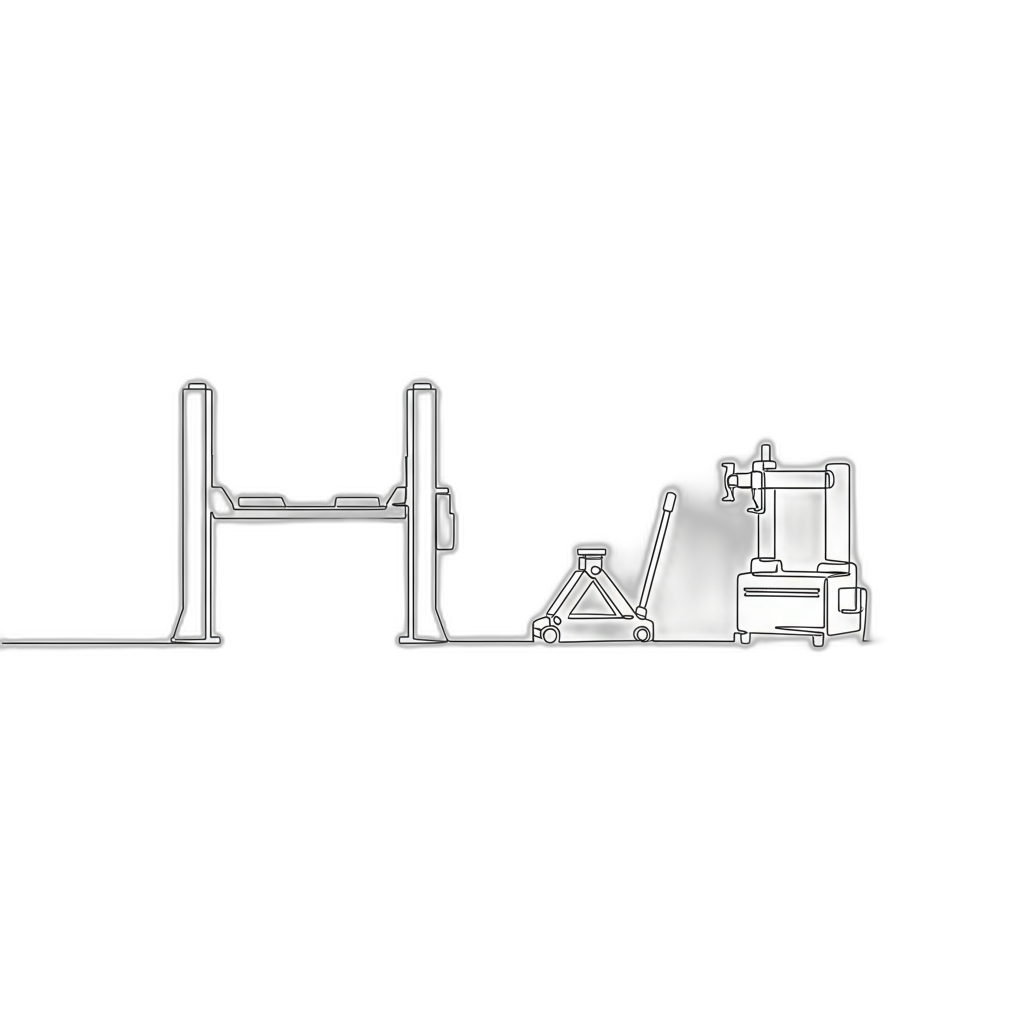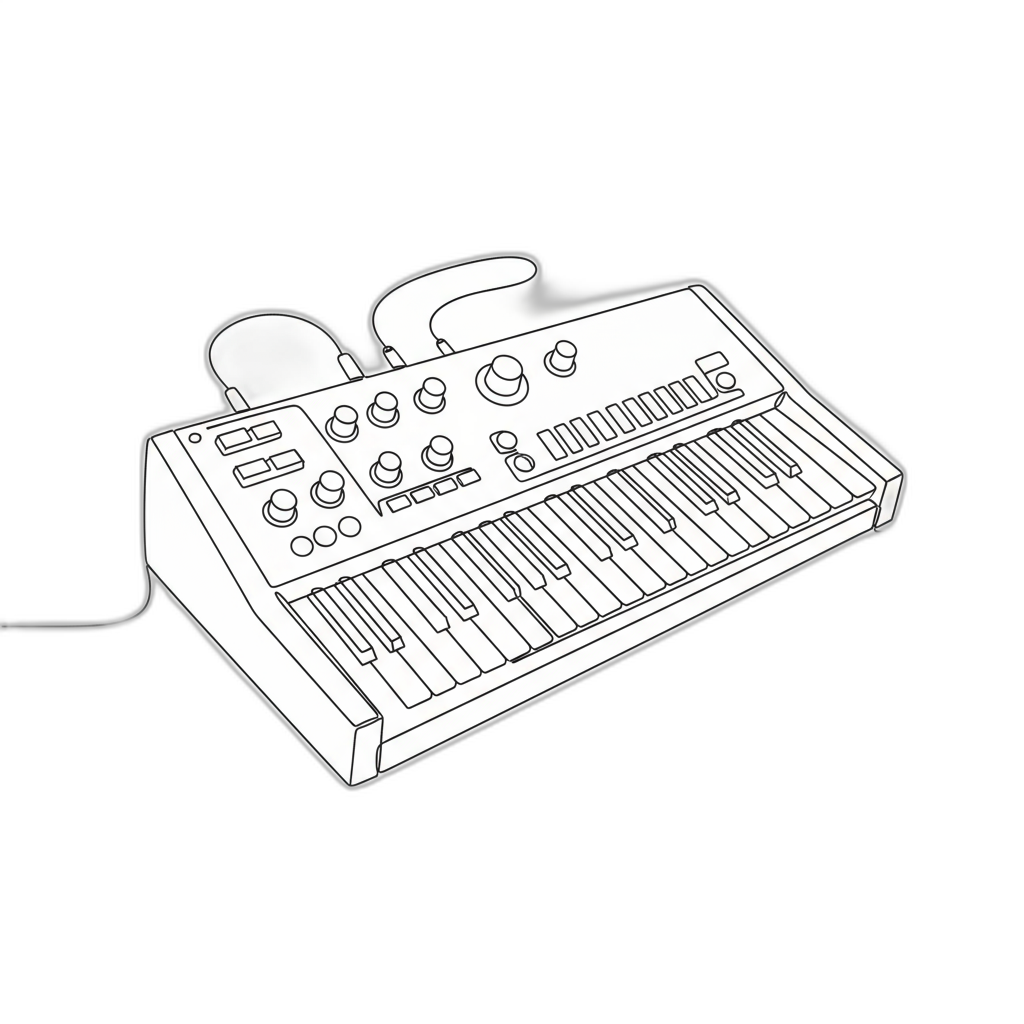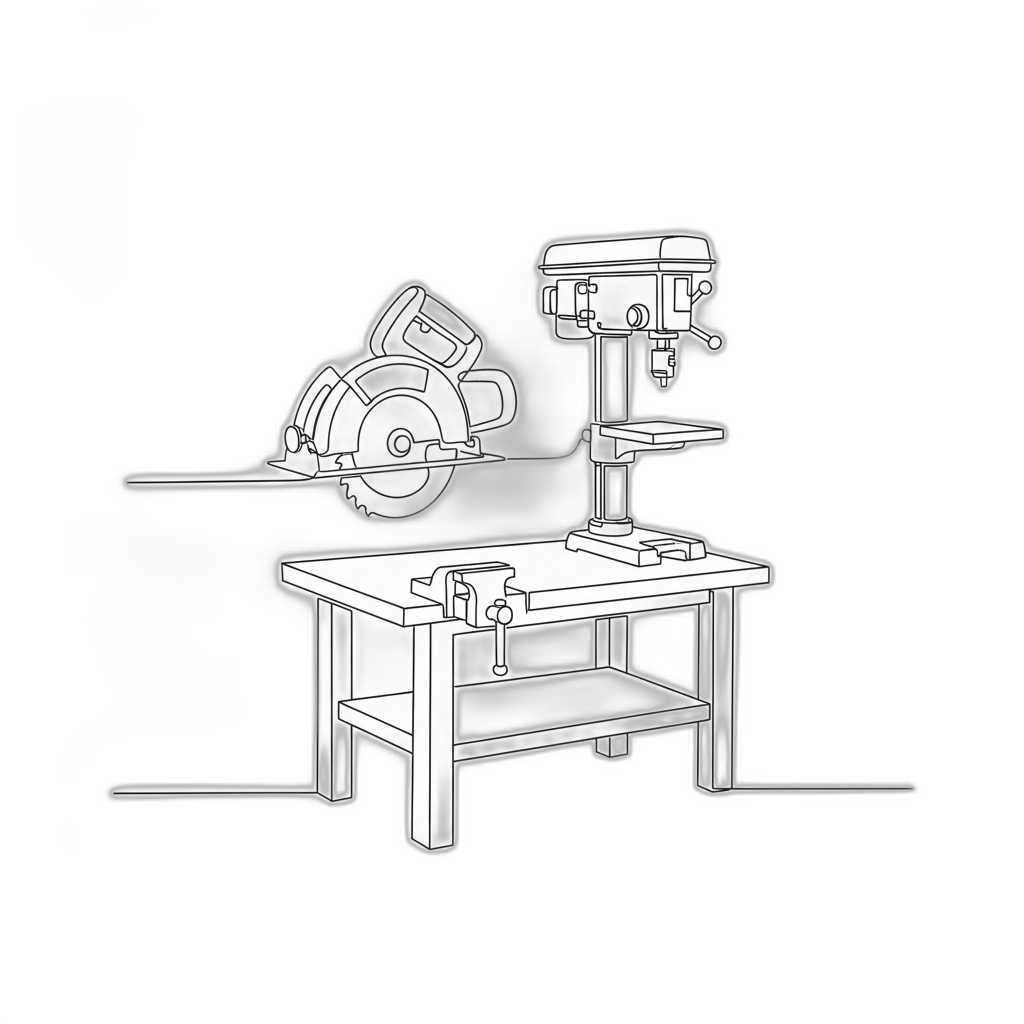






5-Star Service, Trusted & Loved by Hundreds
Your Appraiser Search Ends Here
Your Appraiser Search Ends Here
.avif)

Nationwide Coverage – Appraisals Anywhere in the US

Get it done Onsite or Online

Any Asset, Covered

Defensible for Any Purpose
Frequently Asked
Questions
No Frequently Asked Questions Found.
The essential mechanism involves policyholders paying regular premiums in exchange for financial protection against predefined potential losses. This risk management strategy allows people and organizations to navigate uncertain circumstances with greater confidence and stability.
Coverage operates across multiple dimensions, addressing diverse potential scenarios ranging from property damage to personal liability. The breadth and depth of protection depend entirely on the specific policy's terms, which outline precisely what circumstances and financial losses are eligible for compensation.
When evaluating insurance coverage, individuals must carefully assess their unique risk profile, considering factors like personal assets, potential liabilities, and financial vulnerabilities. Different types of insurance—such as property, health, auto, and liability policies—offer targeted protections designed to address specific potential challenges.
The value of comprehensive insurance coverage extends beyond immediate financial compensation. It provides psychological reassurance, enabling policyholders to pursue personal and professional activities with reduced anxiety about potential catastrophic losses. By strategically transferring risk, individuals can maintain financial resilience even when unexpected events occur.
Understanding policy details becomes paramount in maximizing coverage effectiveness. Policyholders should meticulously review limitations, exclusions, deductibles, and coverage limits to ensure their protection aligns precisely with their individual needs and potential risk exposures.
The primary purpose of an insurance coverage appraisal is to establish an accurate and current value of insured items. This valuation serves as a crucial benchmark for determining appropriate coverage levels and potential reimbursement in the event of loss or damage. Without a professional appraisal, policyholders risk significant financial vulnerability.
Accurate appraisals offer multiple strategic advantages. They help prevent underinsurance by revealing potential gaps between current market value and existing policy limits. Property values fluctuate continuously, and what was an appropriate coverage amount years ago may now be substantially different. Regular professional assessments ensure that insurance protection remains aligned with actual asset values.
For specialty items like fine art, jewelry, antiques, and unique collections, standard insurance valuations often fall short. Professional appraisals provide nuanced assessments that capture the true worth of these distinctive assets. This becomes particularly important when standard valuation methods cannot adequately capture an item's intrinsic or market value.
Moreover, a comprehensive appraisal serves as an objective documentation tool. In potential claim scenarios, these professional evaluations provide credible evidence supporting the claimed value of damaged or lost property. This documentation can be instrumental in expediting claims processes and preventing disputes between policyholders and insurance providers.
Beyond immediate insurance considerations, appraisals offer valuable insights into market trends and asset appreciation. They help policyholders make informed decisions about insurance coverage, potential investments, and long-term asset management strategies.
Ultimately, an insurance coverage appraisal is more than a bureaucratic requirement—it's a strategic financial tool. By providing precise, current valuations, these assessments empower property owners to protect their assets effectively and navigate potential risks with confidence.
Professional certified appraisers utilize sophisticated methodologies to analyze machinery value, considering multiple critical factors. These include equipment age, current condition, operational performance, maintenance history, technological relevance, and prevailing market conditions. By incorporating detailed examinations of physical attributes and economic context, appraisers can generate an accurate and defensible valuation.
The appraisal process typically involves three primary valuation approaches: cost, market, and income. The cost approach evaluates replacement expenses while accounting for depreciation. The market approach compares similar equipment transactions to establish fair market value. The income approach estimates potential future economic benefits generated by the machinery.
Key considerations during an equipment appraisal extend beyond simple numerical calculations. Appraisers carefully assess unique characteristics like specialized modifications, technological capabilities, and potential obsolescence. They also examine maintenance records, operational efficiency, and broader industry trends that might influence asset value.
The resulting comprehensive report serves multiple strategic purposes. It provides crucial documentation for financial transactions, insurance coverage, tax planning, potential sales, mergers, and internal asset management. By offering an objective, professional evaluation, equipment appraisals enable businesses to make informed decisions about their capital assets.
Ultimately, an Equipment & Machinery appraisal delivers more than just a monetary figure. It provides a nuanced understanding of an organization's technological infrastructure, supporting strategic planning and financial transparency.
When photographic documentation requires supplementation, professional appraisers leverage video conferencing platforms to conduct live consultations. These virtual interactions enable real-time discussions about equipment specifics, allowing for a more nuanced evaluation of complex machinery or specialized assets. Such remote assessment methods can significantly reduce time and travel expenses associated with traditional in-person appraisals.
The effectiveness of online appraisals depends on several critical factors. High-resolution, well-lit photographs that capture multiple angles and key mechanical details are essential for accurate initial assessments. Clients should be prepared to provide comprehensive documentation, including maintenance records, operational history, and any unique modifications or features that might impact the equipment's value.
While online appraisals offer remarkable convenience, they are not universally applicable. Certain highly specialized or intricate equipment may still require in-person examination to ensure a comprehensive and precise valuation. Professional appraisers will typically indicate when a remote assessment is insufficient and an on-site inspection becomes necessary.
Clients should always verify an appraiser's professional credentials and ensure the evaluation meets industry standards, particularly the Uniform Standards of Professional Appraisal Practice (USPAP). This diligence guarantees the reliability and credibility of the appraisal for potential uses such as financial reporting, insurance claims, or resale considerations.
Different types of equipment appraisers emerge from specific industrial domains, each bringing targeted expertise to the valuation process. Construction equipment appraisers evaluate heavy machinery like excavators and cranes, understanding regional development trends and equipment performance characteristics. Manufacturing equipment specialists focus on production machinery, analyzing technological complexity, usage history, and potential productivity impact.
Agricultural equipment appraisers examine farming machinery with nuanced understanding of seasonal productivity and technological advancements. Medical equipment professionals navigate intricate healthcare technology landscapes, assessing sophisticated diagnostic and surgical instruments. Transportation equipment experts evaluate vehicles and logistics equipment, considering depreciation rates and market demand dynamics.
Heavy equipment appraisers bring specialized knowledge to complex industrial machinery used in sectors like mining and energy. Technology equipment specialists track rapid technological evolution, providing critical insights into rapidly depreciating digital assets and communication systems.
Each appraiser type represents a unique intersection of technical knowledge, market understanding, and industry-specific insights. Their professional assessments provide crucial information for business decision-making, asset management, insurance purposes, and strategic planning across multiple economic sectors.
Insurance coverage represents a primary driver for professional appraisals. An accurate valuation ensures precise protection against potential losses, preventing both underinsurance vulnerabilities and unnecessary premium expenditures. By establishing a credible baseline for asset worth, organizations can design insurance strategies that are both protective and cost-effective.
Tax compliance represents another compelling rationale for equipment appraisals. When donating high-value machinery or equipment, a professional assessment becomes essential for substantiating tax deduction claims. These documented valuations provide the necessary transparency to satisfy regulatory requirements while potentially maximizing financial benefits.
Financial reporting demands rigorous asset valuation. Appraisals offer a clear, defensible representation of equipment value on balance sheets, enabling more sophisticated financial analysis. This transparency becomes particularly crucial when attracting investors or securing lending, as financial institutions rely on precise asset assessments to evaluate collateral and organizational health.
Legal proceedings frequently necessitate objective equipment valuations. During complex scenarios like partnership dissolutions or divorce settlements, a professional appraisal provides an impartial benchmark for asset division. The documented valuation serves as a credible reference point for negotiations, potentially mitigating potential conflicts.
Transaction dynamics also benefit significantly from professional appraisals. Whether purchasing or selling machinery, an independent valuation establishes a fair market baseline. This approach fosters trust between parties, facilitates more transparent negotiations, and helps prevent potential disputes arising from subjective price perceptions.
Strategic asset management represents the most forward-looking benefit of equipment appraisals. Regular assessments provide insights into asset depreciation, replacement timing, and potential upgrade opportunities. By understanding the precise value and condition of existing equipment, organizations can make more intelligent decisions about resource allocation, technological investments, and long-term operational planning.
Ultimately, a professional equipment and machinery appraisal transcends mere number-crunching. It represents a sophisticated tool for financial governance, risk management, and strategic organizational development.
Why Is Equipment Valuation Critical for Insurance Protection?
Equipment valuation is a critical process that directly impacts a company's financial protection and operational resilience. By understanding the true value of machinery and equipment, businesses can create robust insurance strategies that safeguard their most valuable assets.
Key Benefits of Comprehensive Equipment Valuation
- Precise Insurance Coverage Selection: Accurate appraisals enable businesses to select insurance policies that perfectly match their financial exposure, avoiding both over-insurance and under-insurance risks.
- Financial Risk Mitigation: Detailed valuations provide a clear understanding of potential financial losses, helping companies develop strategic risk management approaches.
- Regulatory Compliance: Many industries require precise equipment valuations for financial reporting and regulatory requirements.
Critical Considerations in Equipment Valuation
Technological Depreciation
As technology evolves rapidly, equipment values can change dramatically. Regular appraisals ensure that insurance coverage remains aligned with current market values, protecting businesses from potential financial shortfalls.
Comprehensive Risk Assessment
Understanding replacement costs allows businesses to:
- Develop proactive financial contingency plans
- Minimize operational disruptions
- Maintain financial stability during unexpected events
Strategic Importance of Accurate Valuations
Equipment valuation transcends simple financial accounting. It is a strategic tool that empowers businesses to:
- Make informed insurance decisions
- Prepare for potential equipment replacement
- Provide transparency to stakeholders
- Optimize overall financial risk management
By treating equipment valuation as a dynamic and crucial process, businesses can create a robust framework for protecting their most valuable assets and ensuring long-term operational continuity.
Key Types of Machinery Requiring Professional Appraisal
When it comes to securing insurance coverage for your equipment and machinery, understanding the key types that require professional appraisal is crucial. Various categories of machinery carry different levels of risk and value, making it essential for business owners and insurance providers to have accurate appraisals.
Construction Equipment
Heavy machinery used in construction represents significant investments that require careful evaluation. Key characteristics include:
- High-value assets like bulldozers, excavators, and cranes
- Potential for rapid depreciation due to intensive use
- Value fluctuations based on market demand for construction services
A professional appraisal ensures that current market conditions and replacement costs are appropriately reflected in the insurance policy.
Agricultural Equipment
Agricultural machinery is critical to modern farming operations, with unique valuation considerations:
- Specialized equipment including tractors and harvesters
- Value variations based on age, condition, and technological sophistication
- Significant impact of seasonal and market conditions
Comprehensive appraisals guarantee that farmers receive adequate insurance coverage that reflects the true value of their essential equipment.
Manufacturing Machinery
Manufacturing equipment plays a pivotal role in production processes, with complex valuation needs:
- Advanced machinery like CNC machines and robotic systems
- Value influenced by technological advancements
- Potential for rapid technological obsolescence
Accurate appraisals help businesses maintain appropriate insurance coverage and protect critical production assets.
Service Industry Equipment
Service-sector equipment requires specialized appraisal expertise:
- Diverse assets including commercial kitchen appliances
- Medical and fitness equipment
- Rapid technological evolution affecting asset value
Professional evaluations ensure that these critical assets are properly valued and insured.
Professional appraisals serve as a critical safeguard, ensuring businesses receive fair insurance coverage tailored to their specific needs. By accurately assessing equipment value, organizations can protect their investments and maintain operational confidence.
What Drives the True Value of Your Business Equipment?
Understanding the true value of your business equipment requires a comprehensive analysis of multiple interconnected factors. By examining these key drivers, stakeholders can make strategic decisions about insurance coverage, asset management, and financial planning.
Critical Factors Influencing Equipment Value
1. Age and Physical Condition
- Newer equipment in excellent condition typically commands higher appraisal values
- Well-maintained machinery demonstrates long-term care and operational reliability
- Comprehensive maintenance records can substantiate equipment quality
2. Current Market Dynamics
- Industry-specific demand significantly impacts equipment valuation
- Technological relevance determines market attractiveness
- Supply and demand fluctuations directly influence pricing
3. Comprehensive Replacement Cost Analysis
- Evaluate cost of acquiring equivalent machinery with similar specifications
- Consider technological advancements and current market pricing
- Establish a realistic baseline for insurance coverage
4. Functional Capacity and Specialization
- Unique or specialized equipment often commands premium valuations
- Custom machinery with niche capabilities can significantly increase value
- Advanced technological features enhance overall equipment worth
5. Regulatory Compliance and Safety Standards
- Equipment meeting current industry regulations demonstrates higher value
- Modern safety standards increase potential resale and insurability
- Environmental compliance can positively impact equipment appraisal
Carefully evaluating these multifaceted elements provides business owners with a comprehensive understanding of their equipment's true market value, enabling more informed decision-making and robust financial protection.
Navigating the Equipment Appraisal Process: A Comprehensive Roadmap
Navigating the Equipment Appraisal Process: A Strategic Approach
Navigating the equipment appraisal process requires a systematic and strategic approach. This comprehensive roadmap will help businesses protect their valuable machinery investments through thorough and accurate valuation.
Key Components of Equipment Valuation
- Market Value Assessment: Determine the current worth of equipment by evaluating critical factors such as:
- Equipment age and condition
- Brand reputation
- Current market demand
- Technological obsolescence
- Comprehensive Documentation: Compile essential records to support the appraisal process, including:
- Original purchase receipts
- Maintenance and service history
- Previous valuation reports
- Equipment specifications
Selecting the Right Appraisal Professional
Choosing a qualified appraiser is crucial to obtaining an accurate and reliable equipment valuation. Consider the following criteria:
- Industry-specific expertise
- Professional certifications
- Proven track record in equipment valuation
- Detailed understanding of your specific machinery type
Preparing for a Successful Appraisal
Maximize the effectiveness of your equipment appraisal by following these essential preparation steps:
- Ensure complete accessibility of equipment
- Clean and maintain equipment prior to inspection
- Organize all relevant documentation
- Provide comprehensive operational history
Interpreting the Appraisal Report
A comprehensive appraisal report should provide:
- Detailed valuation methodology
- Precise equipment value determination
- Supporting documentation and analysis
- Clear explanation of valuation factors
By following this strategic approach, businesses can confidently navigate the equipment appraisal process, ensuring accurate insurance coverage and protecting their valuable machinery investments.
Choosing an Appraiser: Credentials That Matter
Key Credentials for Equipment Appraisers
Selecting the right appraiser is critical for accurate equipment and machinery valuation, especially when dealing with insurance coverage. The right credentials can make a significant difference in the reliability and precision of your appraisal.
Essential Qualifications to Consider
- Relevant Industry Experience
An exceptional appraiser should demonstrate deep expertise specific to your equipment's industry. This means understanding:
- Unique operational characteristics of machinery
- Market-specific valuation factors
- Technical nuances of equipment performance and depreciation
- Professional Certifications
Seek appraisers with credentials from respected professional organizations, which typically indicate:
- Rigorous training and assessment
- Commitment to ongoing education
- Adherence to standardized appraisal practices
- Insurance Appraisal Specialization
Not all appraisers are equipped to handle insurance-specific valuations. Key indicators of expertise include:
- Understanding of replacement cost methodologies
- Comprehensive market condition analysis
- Familiarity with insurance documentation requirements
- Regulatory Compliance
Verify the appraiser's:
- State licensing status
- Adherence to professional conduct standards
- Accountability to governing professional bodies
Validating an Appraiser's Credibility
Beyond formal credentials, consider:
- Client testimonials and references
- Demonstrated track record in similar appraisal scenarios
- Transparent communication about valuation methodologies
By carefully evaluating these credentials, you can ensure a precise, reliable equipment appraisal that meets the most stringent insurance requirements.
Avoiding Costly Valuation Errors in Your Insurance Strategy
Navigating Equipment and Machinery Valuation for Comprehensive Insurance Protection
Protecting your business assets through accurate equipment and machinery appraisals is a critical component of a solid insurance strategy. Missteps in valuation can lead to significant financial vulnerabilities.
Key Strategies for Precise Asset Valuation
- Understand Valuation Fundamentals
A precise appraisal determines the actual cash value of your equipment, directly impacting your insurance coverage. Inaccurate valuations can result in:
- Insufficient compensation during asset loss
- Unnecessarily high insurance premiums
- Potential financial exposure
- Select Expertise-Driven Appraisers
Certified appraisers specialized in your industry provide critical insights, ensuring:
- Compliance with industry valuation standards
- Accurate assessment of current market conditions
- Comprehensive understanding of equipment depreciation
- Implement Consistent Reappraisal Practices
Equipment values fluctuate due to multiple factors, including:
- Technological advancements
- Market demand shifts
- Normal depreciation
Recommend reappraisals every 2-3 years or after significant equipment modifications.
- Maintain Comprehensive Documentation
Robust record-keeping is essential for accurate valuations, including:
- Original purchase documentation
- Detailed maintenance logs
- Previous appraisal reports
- Equipment modification records
- Foster Open Communication with Insurers
Proactive dialogue with insurance providers helps ensure:
- Alignment between appraisal and coverage
- Understanding of policy nuances
- Timely adjustments to asset valuations
Potential Risks of Inadequate Valuation
Neglecting proper equipment and machinery appraisal can expose your business to substantial financial risks, including:
- Underinsurance during critical loss events
- Unexpected out-of-pocket replacement costs
- Complications in insurance claim processes
By implementing these strategic approaches, businesses can develop a robust insurance strategy that accurately reflects their equipment's true value and protects against potential financial vulnerabilities.
How Equipment Appraisals Strengthen Your Insurance Claims
Strengthening Insurance Claims Through Professional Equipment Appraisals
Equipment appraisals are a critical component in securing comprehensive insurance protection for businesses across various industries. By providing a precise and professional evaluation of machinery and equipment, these assessments offer multiple strategic advantages in insurance coverage.
Key Benefits of Equipment Appraisals
- Accurate Value Assessment: Professional appraisers utilize industry-standard methodologies to determine the fair market value of equipment, considering factors such as:
- Current condition
- Functional capabilities
- Market demand
- Depreciation rates
- Precise Claims Processing: Documented appraisals reduce ambiguity during insurance claims, enabling smoother compensation negotiations
- Comprehensive Coverage Validation: Ensures businesses are neither under-insured nor over-insured
Strategic Advantages of Professional Appraisals
- Dispute Prevention
Comprehensive appraisal reports provide clear documentation that helps prevent potential conflicts with insurance providers by establishing a transparent, objective valuation of equipment.
- Dynamic Coverage Management
Regular appraisals allow businesses to:
- Track equipment value changes
- Adjust insurance policies accordingly
- Maintain appropriate coverage levels
- Credibility Enhancement
Professionally prepared appraisals demonstrate due diligence, increasing credibility with insurance adjusters and potentially expediting claims processes.
Maximizing Insurance Protection
Equipment appraisals transcend mere documentation—they represent a strategic approach to risk management. By investing in thorough, professional assessments, businesses can:
- Protect critical assets
- Ensure fair compensation
- Maintain financial stability during unexpected events
The minimal investment in professional equipment appraisals can yield significant long-term benefits, providing peace of mind and financial security for businesses across diverse sectors.
The Hidden Impact of Appraisals on Your Insurance Premiums
When it comes to securing insurance for your equipment and machinery, the role of appraisals is often underestimated. An accurate appraisal not only establishes the value of your assets but can also significantly influence your insurance premiums.
Key Benefits of Equipment Appraisals for Insurance
Equitable Coverage
An appraisal provides a comprehensive assessment of your equipment's worth, ensuring you have adequate coverage in the event of theft, damage, or total loss. The critical balance includes:
- Preventing underinsurance that leaves you financially vulnerable
- Avoiding overinsurance that unnecessarily inflates premiums
- Obtaining a precise valuation of your current asset portfolio
Accurate Risk Assessment
Insurance companies rely on detailed appraisals to assess the risk associated with insuring your equipment. A well-documented appraisal report offers:
- Enhanced transparency about asset conditions
- Comprehensive insights into equipment specifications
- Potential for more favorable premium calculations
Preventing Premium Overcharges
Without proper appraisals, businesses often face unnecessary financial burdens through:
- Premiums based on outdated or inflated asset values
- Failure to account for equipment depreciation
- Missed opportunities for cost optimization
Streamlined Claims Process
Current appraisals provide significant advantages during insurance claims, including:
- Faster settlement procedures
- Immediate value verification
- Reduced administrative complications
Understanding the hidden impact of appraisals on your insurance premiums is crucial. By investing in accurate and up-to-date equipment valuations, you safeguard your assets and position your business for more favorable financial outcomes in insurance negotiations.
Industry Best Practices: Ensuring Accurate Equipment Valuation
Ensuring Precise Equipment Valuation: Strategic Approaches for Insurance Protection
Accurate equipment valuation is fundamental to effective insurance coverage, serving as a critical component of an organization's financial risk management strategy. By implementing systematic and comprehensive assessment methods, businesses can protect their assets and ensure appropriate insurance protection.
Key Strategies for Comprehensive Equipment Valuation
- Comprehensive Physical Inspection
- Conduct in-depth evaluations of equipment condition
- Assess age and overall operational status
- Review complete maintenance and modification history
- Document detailed physical characteristics and current performance metrics
- Market-Driven Valuation Methodology
- Analyze comparable equipment sales data
- Review current market pricing trends
- Consider manufacturer's recommended valuations
- Evaluate regional and industry-specific market variations
- Professional Expertise and Certification
- Engage certified equipment appraisal professionals
- Ensure compliance with professional appraisal standards
- Leverage specialized industry knowledge
- Maintain objectivity and technical precision
- Comprehensive Depreciation Analysis
- Understand industry-specific depreciation methodologies
- Factor in technological obsolescence
- Consider equipment usage intensity
- Evaluate maintenance and preservation efforts
- Rigorous Documentation Practices
- Create detailed, comprehensive appraisal reports
- Include high-quality photographic evidence
- Maintain extensive inspection notes
- Develop clear equipment descriptions and specifications
Strategic Benefits of Precise Valuation
By meticulously implementing these best practices, organizations can develop accurate equipment valuations that provide robust insurance coverage. This approach not only protects financial investments but also enables more informed strategic decision-making regarding asset management and risk mitigation.
A systematic, professional approach to equipment valuation transforms insurance coverage from a standard protective measure into a strategic financial tool, ensuring comprehensive protection and financial resilience.
Critical Questions Every Business Owner Should Ask About Equipment Appraisals
Critical Questions Every Business Owner Should Ask About Equipment Appraisals
When considering equipment appraisals for insurance coverage purposes, business owners must ask strategic questions to ensure their investments are adequately protected. Here are essential inquiries to guide the appraisal process:
Key Valuation Considerations
- Current Market Value Assessment
Understanding the fair market value is critical. This reflects what equipment would sell for on the open market, factoring in:
- Current equipment condition
- Equipment age
- Market demand
Regular appraisals help maintain accurate valuations as market conditions continuously evolve.
- Appraisal Frequency
Equipment values fluctuate due to multiple factors, including:
- Wear and tear
- Technological advancements
- Market demand shifts
Establishing a consistent appraisal schedule—typically every 2-3 years—ensures your coverage remains comprehensive and relevant.
- Appraiser Qualifications
Selecting the right professionals is paramount. Look for appraisers who demonstrate:
- Specific industry expertise
- Relevant certifications
- Deep understanding of equipment standards
- Proven track record in your specific equipment category
- Documentation Requirements
Comprehensive documentation significantly impacts appraisal accuracy. Gather and prepare:
- Original purchase invoices
- Previous appraisal reports
- Detailed maintenance records
- High-quality equipment photographs
- Insurance Claim Support
Ensure the appraisal report:
- Provides clear value justification
- Meets specific insurance requirements
- Offers comprehensive documentation
- Supports potential future claims
- Insurance Premium Implications
Understanding the relationship between appraisal values and insurance premiums helps you:
- Avoid overpaying for coverage
- Ensure comprehensive protection
- Align insurance costs with actual equipment value
By carefully addressing these critical questions, business owners can make informed decisions about equipment insurance coverage, ultimately enhancing financial stability and strategic risk management.
Protecting Your Assets: The Strategic Importance of Professional Appraisals
The Strategic Shield: Why Professional Equipment Appraisals Matter
In today's competitive business environment, specialized equipment and machinery are the lifeblood of operational success. However, these critical assets face numerous risks that can potentially disrupt business continuity.
Key Benefits of Professional Equipment Appraisals
- Precise Valuation: Professional appraisers conduct comprehensive assessments considering:
- Equipment age
- Current condition
- Market demand
- Historical sales data
- Insurance Protection: Accurate valuations help prevent underinsurance, protecting businesses from potential financial catastrophes
- Financial Planning Insights: Provides critical data for strategic resource allocation and budgeting
Strategic Asset Management Advantages
- Risk Mitigation: Identify potential vulnerabilities in equipment lifecycle
- Investment Optimization: Make informed decisions about maintenance, upgrades, and replacements
- Financial Credibility: Enhance communication with lenders and investors through documented asset values
Beyond Compliance: A Proactive Approach
Professional equipment appraisals transcend mere regulatory requirements. They represent a sophisticated strategy for:
- Protecting valuable business assets
- Optimizing operational efficiency
- Positioning the organization for sustainable growth
By investing in comprehensive and accurate appraisals, businesses transform potential financial risks into strategic opportunities for long-term success.
View all Locations
BEST-IN-CLASS APPRAISERS, CREDENTIALED BY:




























.svg)








